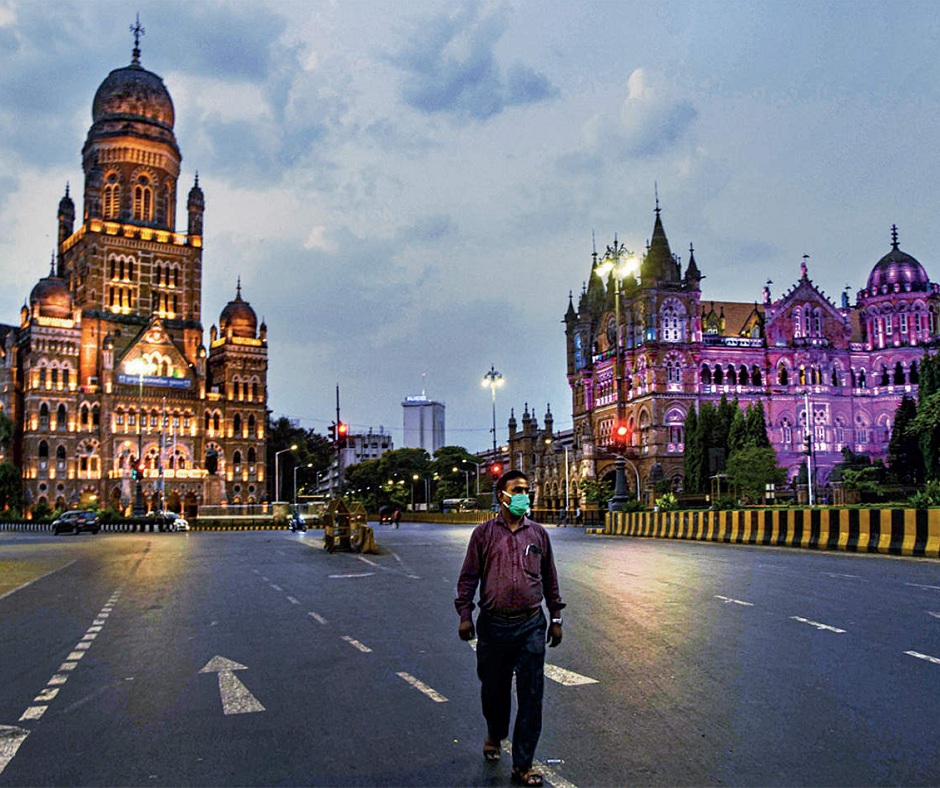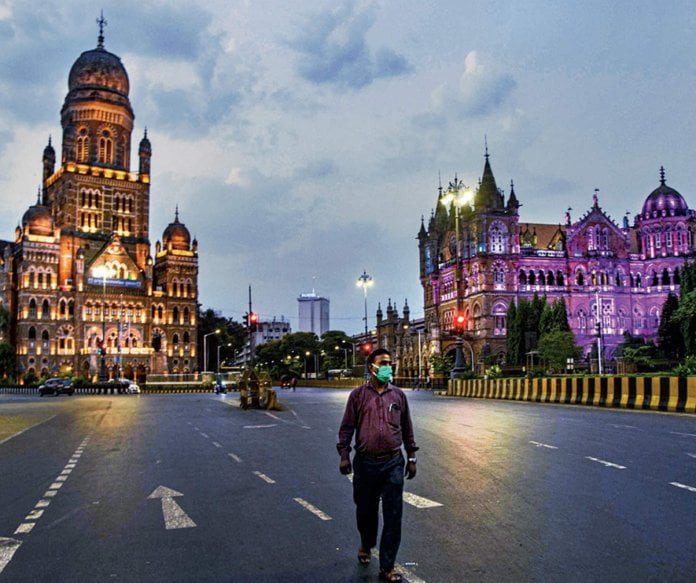The Maharashtra Prohibition of People from Social Boycott (Prevention, Prohibition, and Redressal) Act, 2016, obtained Presidential assent closing week, paving the way for its implementation. The new law disallows social boycotts in the name of caste, network, religion, rituals, or customs. Chief Minister Devendra Fadnavis has stated that a “revolutionary country like Maharashtra” can’t permit social evils inside the garb of caste panchayat diktats or rituals.
What quantity of social boycott beneath the brand new regulation?
Suppose any character or organization attempts to prevent or obstruct some other member or group from looking at any social or religious custom or usage or rite or from participating in a social, religious, or network characteristic, assembly, congregation, meeting, or procession. In that case, the Act amounts to a social boycott. So is challenging the liberty of individuals within the call of Jati panchayats, faith, and customs, or denying them the proper education and a career of their preference?
Freedom, in this case, includes the liberty to marry outside one’s caste, go to locations of worship, put on garments of one’s choice, and use any precise language. Discrimination based on morality, political inclination, or sexuality also qualifies as a social boycott. As does stopping children from gambling in a specific space or disallowing them the right of entry to crematoria, burial grounds, community halls, or academic institutions with mala fide intentions.

On receiving statistics on the probability of illegal assembly for the imposition of a social boycott, a Collector or District Magistrate can prohibit the group from using order. Conviction of the offense of social boycott will appeal to a jail period of up to three years or a first-class up to Rs 1 lakh, or each. Abetment through a character or institution will invite equal punishment. The offense of social boycott is cognizable and bailable and might be attempted using a Metropolitan Magistrate or a Judicial Magistrate First Class. To ensure speedy justice, the trial might be finished within six months from the date of filing the charge sheet.
Why does it feel vital to have this sort of law in Maharashtra?
The choice responded to pressures from developing atrocities on people through jati panchayats or Davis wielding extra-judicial powers. The highest number of incidents had been stated from the districts of Raigad, Ratnagiri, and Nashik, and the biggest range of cases of the social boycott was provoked with the aid of inter-caste marriages. In 2013-14, Raigad suggested 38 such instances. Prevailing laws are regularly challenged in court, or loopholes are used to escape punishment. The new Act allows the framing of adjustments below Indian Penal Code Sections 34, 120-A, 120-B, 149, 153-A, 383 to 389, and 511 if there’s concrete proof to confirm an accusation of social boycott.
READ MORE :
- Sony’s shiny new head-turner
- My existence of gaming – Reader’s Feature
- Love Mac and Cheese? But What About the Sprinkling of Harmful Chemicals in it?
- Educators hoping to crack the code with a new computer science camp
- This Is What Liberated the Power of the Internet, and Why It Matters
Chief Minister Fadnavis, who took the initiative to create a consensus among political events, argued that Maharashtra, a kingdom with a rich legacy of social reforms, couldn’t permit social boycotts. Fadnavis states, “The Act became required in the backdrop of triumphing atrocities inflicted on people in the call of the subculture, caste, and network. A social boycott can be dealt with with an iron hand. The atrocities inflicted through a handful of humans within the call of Haiti panchayats or groups citing caste and community traditions will not be tolerated if it questions the consideration of a man or women.”What position did social organizations play in the passage of what is largely a social reform regulation?
Four years ago, a marketing campaign towards a social boycott obtained robust public support following the so-called “honor killing” of 22-year-old Pramila Khumbharkar. Kumbharkar, who belonged to a nomadic tribe and had married Deepak Kamble from a Scheduled Caste, was allegedly killed by her father while she was nine months pregnant. The slain rationalist Narendra Dabholkar had, months earlier than his homicide, begun a protest against the social boycott. Earlier in May 2012, Rahul Yelange (30), who became a part of a team from Pune that conquered Mount Everest, faced a social boycott in his village Budruk in Raigad due to the fact his spouse wore




